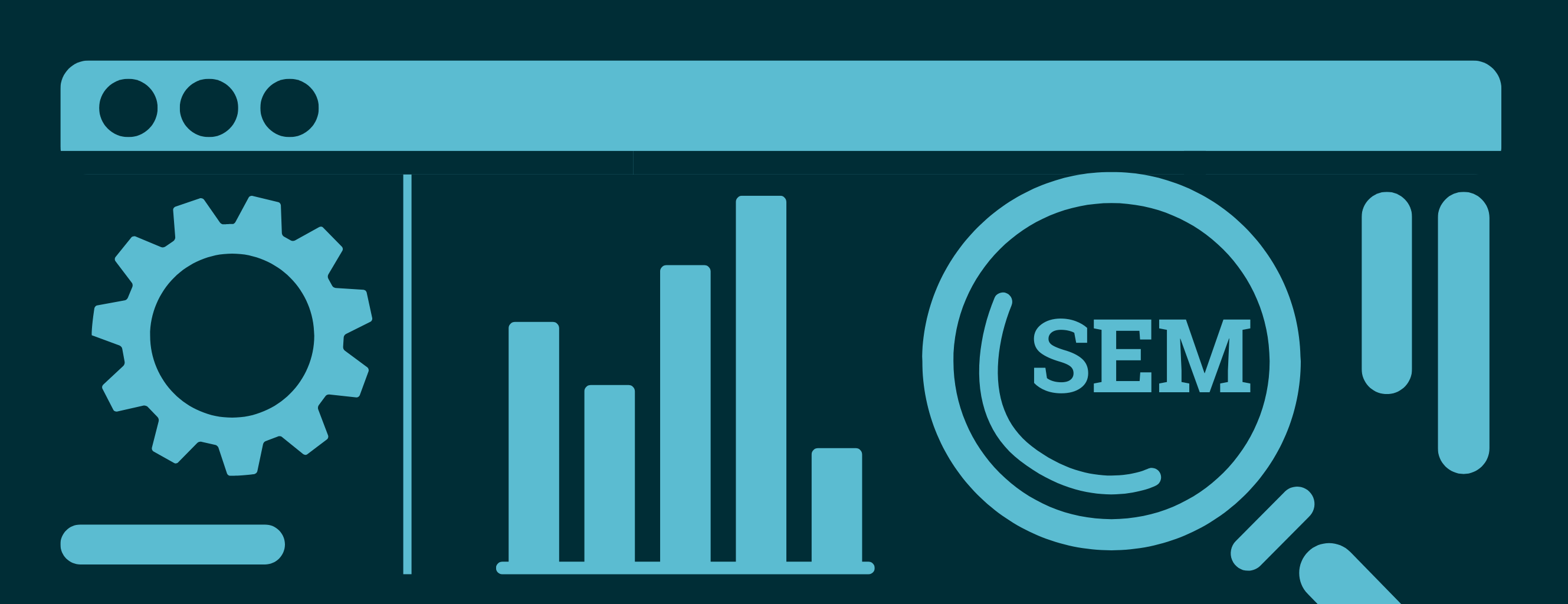
WHAT I’VE LEARNED: About SEM as an Account Coordinator & What’s Next
Author: Anna Souter
12 June 2025
As an Account Coordinator, I support work ranging from new business development to exploratory and delivery work for clients, helping our team optimize our internal and external processes along the way. Recently, our team has been diving into the world of SEM, or Search Engine Marketing. Forge is currently partnering with a digital media agency on an SEM project, as they bring specialized experience, wonderful team members and scalability, which means better results for our clients. We’re not the ones pushing the buttons in Google Ads every day, but we’re in the mix: shaping strategy, reviewing results, and making sure our clients are getting value. I wanted to jot down a few things I’ve learned and how it’s currently shaping our approach. Hopefully, if you’re in a similar role or just starting to work with an SEM partner, this gives you some useful perspective.
First off, what is SEM? Search Engine Marketing is basically the paid side of getting your business’s website to show up on Google. You know those sponsored ads you see at the top of your screen when you search for something? That’s SEM. Companies pay to have their websites appear when people search for keywords related to their products or services and they only pay when someone actually clicks. It’s a fast way to get visibility, but making it work well takes strategy, testing, and a lot of data.
And how might SEM be an asset to your marketing strategy? Think of SEM like answering a raised hand in a crowded room. While other channels like social media and content marketing are great for starting conversations and building interest over time, SEM connects you directly with people who are already asking the question you’re here to answer. These are high-intent users—actively searching for your product, service, or solution—and SEM allows you to show up at exactly that moment of need. It’s an incredibly powerful way to drive qualified traffic, generate leads, or increase sales. But for SEM to be truly effective, it has to be tightly integrated with your overall marketing—especially your messaging and landing page experience. That’s where Forge comes in. We specialize in aligning SEM efforts with your broader strategic goals, ensuring every click counts.
What are the key insights from working with a media agency on SEM? In our very first meeting, our team came in with a large focus on the landing page and the chosen keywords for the SEM strategy, because as a marketing agency, we are always very particular about messaging and copy. From our partnership with a digital media agency, we learned that you don’t need the perfect landing page to start. It actually is important to start ahead of time so you can use the accumulated data to inform your optimization of the landing page. SEM is an iterative process that is way more technical than it looks — so it’s important to partner with a media agency that lives in the data.
That said, while SEM can feel very data-driven, I saw firsthand how Forge brings critical creative insight to the table. From landing page design, to audience-segmented messaging, Forge aligns the data insights with recommended brand updates. In preparing our recommendations, I realized how essential it is to have Account Managers on the team who can clearly communicate and navigate the expectations and natural questions that arise when coordinating SEM between a client and media agency.
What’s next? As our team collects data from the initial SEM build, it’s our job to move from execution to strategy. Tweaking details and determining the best keywords is a longer-term job for the media agency once the SEM is up and running. This optimization isn’t possible without Forge ensuring SEM-client-media agency alignment and providing the media agency access to stakeholder knowledge of the brand and consumer experience.
I imagine the next steps for SEM align with technology development. For one, I expect there to be better integration with platforms beyond Google Ads to create a hyper-consistent message in the near future. Google Ads is leaning into automation in a major way, which leads me to believe that the future will consist of less manual keyword tuning and more of feeding the system the right creative, goals, and audience insights — something marketing agencies like Forge specialize in.
Some final thoughts? I’ve seen the power of teaming up with a strong media agency partner and the power of SEM insights when managed correctly. No matter how far technology develops, there will always be a need for clear communication and customer-centric strategy. That’s another area where SEM, paired with strategic guidance, can really shine.
I invite you to connect or reach out on social media if you have questions or would like to learn more about Forge Worldwide’s capabilities in the SEM realm.